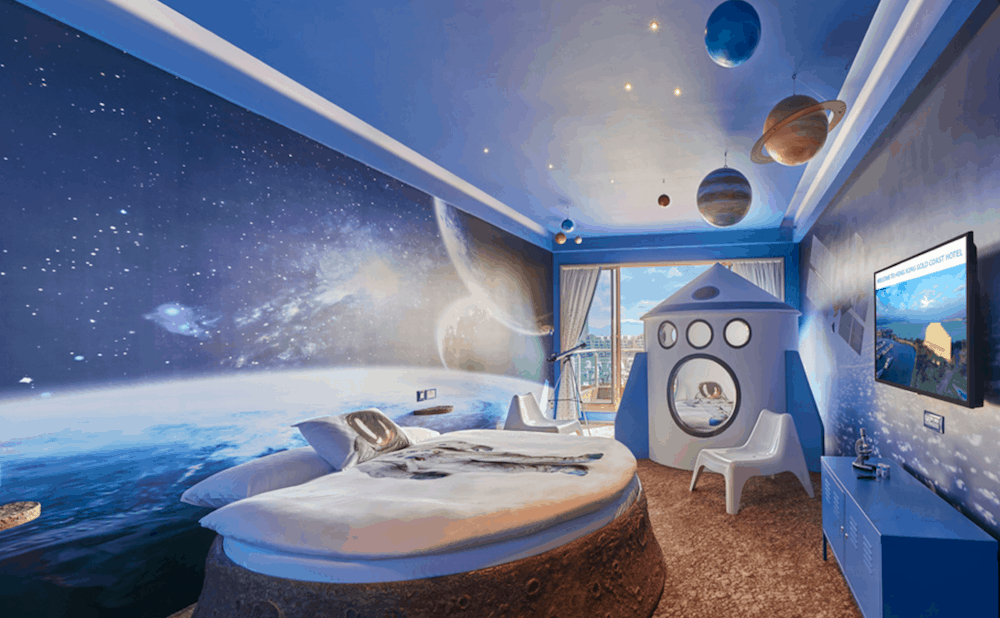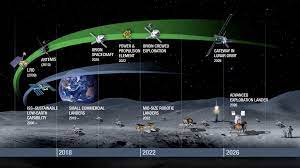Space tourism has long been a dream for humanity, and recent advancements in technology and space exploration have brought us one step closer to that dream becoming a reality. While space tourism is still in its infancy, with only a handful of people having gone to space as tourists, the idea of space hotels is already being discussed.

In this blog post, we will explore the future of extraterrestrial accommodation, from space tourism to space hotels. We will discuss the current state of space tourism, the challenges of building a space hotel, and the potential benefits of space hotels for future space exploration.
Table of Contents
The Current State of Space Tourism
Space tourism is still in its early stages, with only a handful of private citizens having gone to space as tourists. The first private citizen to go to space was Dennis Tito in 2001, followed by six other private citizens who have all gone to the International Space Station (ISS) aboard Russian Soyuz spacecraft. The Russian Space Agency and Space Adventures, a private space tourism company, partnered to arrange these trips.
In recent years, several private companies, including Virgin Galactic and Blue Origin, have been working on developing commercial space tourism. Virgin Galactic plans to take passengers to the edge of space using a suborbital spacecraft, while Blue Origin plans to take passengers on a suborbital trip to space aboard a reusable rocket.
Challenges of Building a Space Hotel
Building a space hotel presents several unique challenges, including:
Cost Building A Space Hotel:
Building a space hotel is incredibly expensive, with estimates ranging from $2 billion to $20 billion or more. The cost includes not only the construction of the hotel itself but also the launch and maintenance of the spacecraft that will transport passengers to and from the hotel.
Technology Use in Space Hotel:
The technology required to build and operate a space hotel is still in its early stages. Current space habitats, such as the ISS, are not designed for long-term stays and would need significant upgrades to accommodate guests for extended periods.
Safety about Traveling in space :
Space travel is inherently risky, and a malfunction during launch, landing, or during the stay at the space hotel could be catastrophic.
Potential Benefits of Space Hotels
Despite the challenges, space hotels offer several potential benefits, including:
Space Hotels Tourism:
Space hotels would provide a new and exciting destination for adventurous travelers, potentially creating a new industry that could boost the space economy.
Space Hotels Research Platforms for studying:
Space hotels could serve as research platforms for studying the effects of long-term space travel on the human body and testing new technologies in a space environment.
Space Hotels Base for Future Space Exploration:
Space hotels could serve as a base for future space exploration missions, providing a place for astronauts to rest and recuperate during long-duration missions.
Conclusion
Space hotels are an exciting and potentially lucrative industry for the future of space exploration, despite being a long way off. They present significant challenges, but their potential benefits are numerous, including serving as a new destination for tourists and a base for future space exploration missions.
Check out https://letsflytogather.com for the latest news and updates on space exploration and technology, and share this post on social media to spread the word about the exciting future of space tourism and hotels!

